|
By Manuel Player(s): 1 Platform(s): PlayStation 4, Nintendo Switch, PC (via Steam) The Legend of Heroes: Trails to Azure (from here on referred to as simply Trails to Azure) is the second game in the "Crossbell Arc" which takes place within the wider JRPG Trails series from developer Nihon Falcom. It's the direct sequel to The Legend of Heroes: Trails from Zero (whose review you can find HERE) and originally released on the PSP in 2011. It received Vita and console re-releases over the years in Japan, and is now available for the first time officially in English by way of NIS America. While the series is very well-loved around the world, is Trails to Azure a title that you're going to want to pick up if you're a newcomer to the series? What if you've played every available Trails game up to now? Well, let's dive into it to find out! First off, simply calling Trails to Azure a "sequel" doesn't quite do it justice. My first thoughts on playing this game was just how much of it relied on the player having full knowledge of the first game. Most sequels take place further along the world's timeline, feature new characters to follow, or even only be related in name only. Trails to Azure joins game rare duologies like the Great Ace Attorney games, and Ys I & II (also from Nihon Falcom) in that they continue the first game's story story to a fault. Trails to Azure opens a few months following the first game, but immediately tasks you to resolve some some dangling plot threads. Your characters aren't low-leveled or under-equipped either, you start out at a high level and are armed to the teeth, complete with heavy damage dealing attacks. The game does have a "backstory" menu option that can catch you up on all the relevant events and characters up to this point in the Trails series, but good luck trying to make sense of things in the Prologue if you didn't play the first game. This can put off new players, but is also refreshing as few games ever try this sort of thing out. Talking story is difficult as not only is it quite complicated, but it also is one big spoiler to Trails from Zero; which I must recommend you just go out and play before this one. With that in mind Trails to Azure once again centers around the Special Support Section of the Crossbell Police Department, whose members make up the game's main cast. The SSS has seen some changes since Trails from Zero though as Tio Plato and Randy Orlando spend much of the game off-screen as they are completing tasks of their own. Don't worry though, the SSS has two new recruits: Wazy Hemisphere, the playboy leader of the Testaments gang, and Noel Seeker, a Sergeant Major in the Crossbell Guardian Force, both of whom were also present in the first title. These new additions to the cast join Ellie MacDowell and Lloyd Bannings, the latter being the game's main protagonist. Before the game gets into full-swing though, Lloyd and Noel are joined by Chief Inspector Alex Dudley and A-rank Bracer Arios MacLaine to track down former Speaker Hartmann and his Secretary Ernest Reis. This is a special mission that unites these unlikely partners in the goal of ending the political turmoil the recent "Cult Incident" caused. This might sound very confusing to people not familiar with the series, but this is pretty much as the game presents the situation. With the last remnants of the first game's plot points taken care of... for now... the game shifts focus to Crossbell's new mayor, Dieter Cross, and the events surrounding the first "West Zemuria Trade Conference", which brings together all the central powers in the Trails series: Crossbell State, The Erebonian Empire, The Republic of Calvard, The Liberl Kingdom, and The Principality of Remiferia. This leads to yet more political turmoil between all the powers, and is far more complicated than I can ever hope to outline in one paragraph, even if I wasn't avoiding spoilers. Basically, with the introductions of the characters, and Crossbell itself, out of the way from the first game, Trails to Azure jumps headfirst into political intrigue with almost Game of Thrones-esque glee. A more JRPG-friendly comparison might be the Ivalice in the first Final Fantasy Tactics game with all its politicking, alliances, subterfuge, and betrayals. This is a game you're going to want to really pay attention to as it really throws a lot at you, and can be confusing even if you're a Trails series expert, but the story really pays off and is anything but dull. Now being that the game takes place pretty much directly after Trails from Zero, your party starts at level 45 by default. I say "by default" as this leads into an interesting feature of Trails to Azure: Importing your clear game data from Trails from Zero. What this means is that your levels from the first game carry over (level 50 being that game's max by the way), and your Detective Points convert to Mira (read: currency). This means you can potentially have a big boost in power and money early on and this can be necessary as the game still has the occasional difficulty spikes that seemingly come out of nowhere despite the initial boost in power. Also, fishing rank, room decorations, affection points, learned Combo Crafts, and previous dialogue/plot decisions make the move over as well. The latter is arguably the most important of all as it changes some of Azure's dialogue in a very Telltale Games-esque fashion. This isn't necessary to get started in this game but, much like playing the first to generally understand this one's story, is something that you're going to want to take into account before jumping in. Combat is a big part of Trails to Azure and is arguably a much bigger focus here than in most other JRPGs. The battle system is near totally identical to the first game in that you have attacks, arts (read: spells), crafts (read: special attacks that need points to activate), and movement, along with standard things like item usage. Battles take place on a tactical grid where placement matters as you can't hit an enemy if they are too far away from you, and some attacks have an area of affect that is based on where they are aimed at. This adds another layer to combat and gives this game something of a Strategy RPG feel. Whether or not everyone finds the combat as enjoyable as I did, one must admit that it keeps you engaged at all times and keeps random battle from being a simple "hit the A button to win" type of affair. Crafts, the special attacks that need points accrued by taking actions in battle to use, can be learned through certain events, or when certain requirements between party members are met. Arts, or spells, are taken from the quartz that you have equipped. This is mostly similar to the first game, but Trails to Azure adds a "Master Quartz" mechanic that gives you a set of arts that are tied to it. These level up independently, offering new arts and bonuses, and can be equipped to any party member. These Master Quartzes can be seen as something of a light job system and is the biggest change to this game compared to the first. For fear of repeating my Trails from Zero review (which you can find HERE) I think that's enough regarding combat. Continuing the comparisons, fans of other JRPGs can place this game's combat system somewhere between Dragon Quest and Namco's Tales series, mostly standard JRPG fare, but with more interaction and action. Let's talk sound for a bit. I actually went into this expecting Trails to Azure to reuse most of the first game's tracks. It would be simple to do that as many of the game's locations, environments, and characters are the same. Now there are a lot of themes and motifs that return, but there's just as much new music to enjoy here. Also, seeing as this is a Nihon Falcom game, the music comes by way of Falcom Sound Team JDK who always deliver some of the best JRPG music, with Trails to Azure being no different. The various dungeon and battle themes, as well as the opening/ending themes particularly stand out, with everything else being enjoyable as well. Don't be surprised if you find yourself humming some of the tunes outside of gameplay, as the OST is just that good. Voice acting is once again in Japanese-only here, but this can possibly be a bonus to those who are not a fan of dubs in general. Also, seeing as the first game also did not get an English dub, it feels right to keep this one Japanese-only as well. My only small complaint about the sound is that the mix seems a little off at times. This is an issue I had with Trails from Zero too and it can technically be fixed by messing around with the options, but I wish the mix was a bit better and the music a lot louder than it is by default. Trails to Azure is a PSP game and there are times that its origins are really clear. I was only able to play the Nintendo Switch version for this review this time around, but I saw some gameplay of the PS4 release and, at the time of this review at least, many of the finer details on that version have a somewhat blown-up, stretched-out feel. It's not exactly horrible, nor is it by any means a deal-breaker, but it was something I noticed fairly quickly. This might also give the Switch version something of an edge over it, but since I have yet to give that one a decent playthough, I can't state that for sure. Character models in all versions can be an interesting mix though. They are all sharp and look good in a general sense, but aren't very detailed or animated. If anything the game's age can really be felt in these character models, and especially in the way vehicles are animated. The latter is especially important in Trails to Azure as you get a car in this game and use it for fast travel a lot. Now I must admit that I'm mainly finding things to complain about at this point, but I'd be lying if I said that this game looked like a modern game, or even the more current Trails titles already on consoles. All that aside, the overall world can be quite impressive at times and I found myself taking a lot of needless screenshots of the vast areas whenever the camera panned over them. Lastly, this is the last game in the Trails series that uses this particular game engine (The next titles in the series are the already-released Trails of Cold Steel games by the way.), so if you're playing these in order you'll see a jump in quality very soon. All in all it's not a bad port by any means, but it also doesn't feel as much of an HD remake as one might hope. It's hard to really cover story and characters in this one without talking spoilers, especially spoilers for Trails from Zero, but The Legend of Heroes series is very well-known for its world-building. The playable party, and supporting cast for that matter, are greatly expanded this time around and you learn a lot more about both them, and more about Crossbell, as this particular arc wraps itself up. Even though I praised this as a unique aspect before, I must also say that the closeness of the two Crossbell games can be seen as something of a negative as well. Neither game can truly stand on its own, and this incomplete feeling isn't as strong in either the Trails in the Sky trilogy or the Trails of Cold Steel quadrilogy. It's something of a moot point as both games are now available for everyone to play, but it makes it hard to review this one on its own merits. This is compounded by its name which does not immediately reveal it to be sequel to Trails from Zero. If you weren't already familiar with the series you might think this is a stand-alone entry, and it is anything but that. On the plus side, this game does wrap itself up nicely while still leaving the field wide open from what will happen in later titles. Seeing as the Crossbell titles are sort of "connecting" games in the series they really should be played if you want to get into the Trails series in general. I can't stress it enough how awesome it is that NIS has finally closed the loop and filled in all the unreleased holes in the Trails series. The Legend of Heroes: Trails to Azure is a rare sequel that literally gives fans of the first game who want more just that; more. With that said, even with the backstory files in-game, it's really hard to recommend this game if you didn't play through the first. As I've hinted at throughout this review, a better way to recommend Trails to Azure is to recommend the Crossbell games as a singular entity. Maybe one day these will be packaged together in a similar fashion as Ys I & II, but that's definitely something that'll happen much further down the line, if at all. As a singular duology of games though, these come highly recommended and are well-worth the price of entry. Not only are they great JRPGs, but they're also a good place to jump into the series if you're just starting out, especially if you're planning on picking up Trails Into Reverie when that drops later this year. Either way, do yourself a favor and check this one out, but hopefully only after you've completed Trails from Zero! For More Information: https://thelegendofheroes.com/crossbell/azure/ Story: A Gameplay: A- Graphics: A- Sound: A Value: A OVERALL: A Pros: + Closes out the "Crossbell Arc" of the Trails series very well and sets the stage for later games in the series. + The combat system, though largely unchanged from Trails from Zero, is engaging, unique, and surprisingly in-depth. + The translation of this game is well-done and you'll most likely find yourself laughing at the tons of in-jokes and references, especially those from the chests. + Falcom Sound Team JDK really outdid themselves on the Crossbell games' soundtracks, and Trails to Azure has some amazing music. + A really strong JRPG with a world setting that rivals even the greatest of MMOs. + The release of this game marks the last untranslated title in the mainline Trails series up until Trails into Reverie. Basically NIS America has finally got us caught up to the most recent titles! +/- You're rewarded for completing the first game with dialogue that references actual choices you've made, adding to the game's immersion. Cons: - Almost impossible to recommend on its own. Especially if this is your first exposure the franchise. Even if you're a fan of the Trails series this game is best experienced if you've completed Trails from Zero already. - While the game has aged gracefully, it IS an enhanced PSP port from over a decade ago and can sometimes show its age. - The sound mix feels a little off on default settings. A copy of this game was provided to us free-of-charge by the publisher for the purpose of this review. This did not affect our review in any way. |
Search
Contributors◆ Angie
◆ Emily ◆ J.D. ◆ Janette ◆ JT ◆ Manuel ◆ Nestor ◆ Rose ◆ Sylvia ◆ Teepu ◆ Tiffany ◆ Winfield Archives
March 2025
|
© 2014-2025 A-to-J Connections. All Rights Reserved.


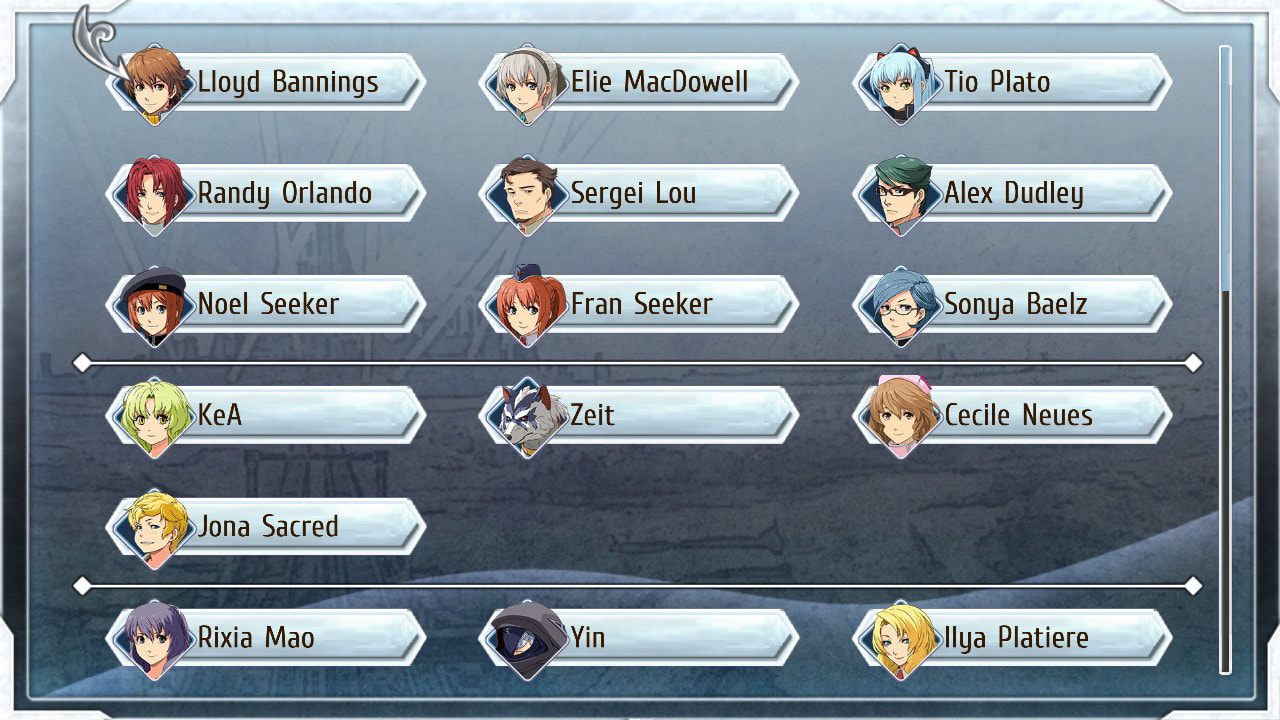
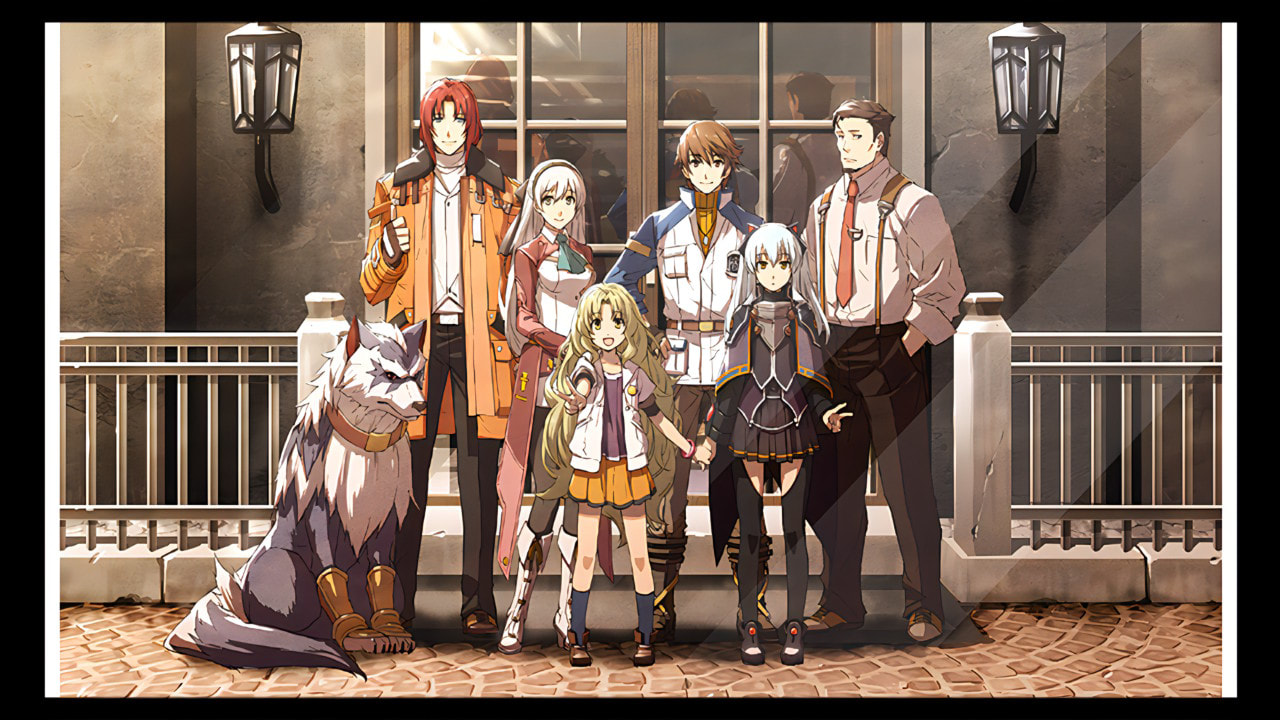
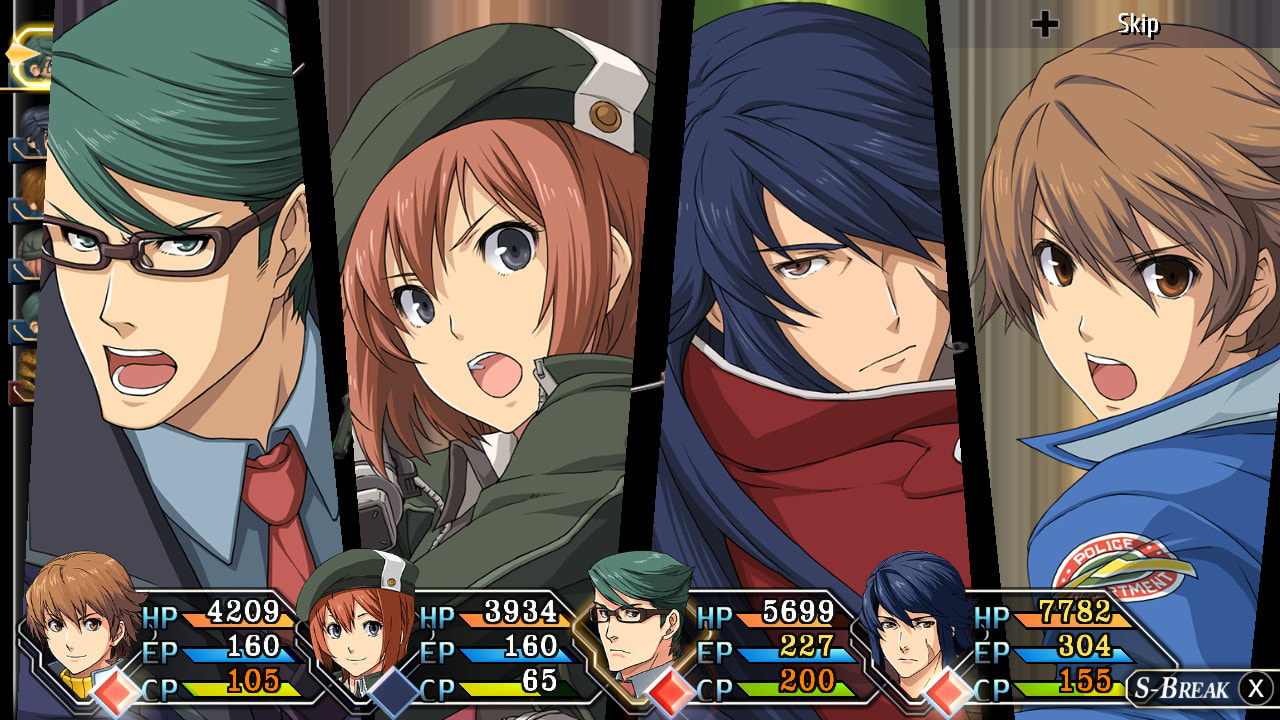
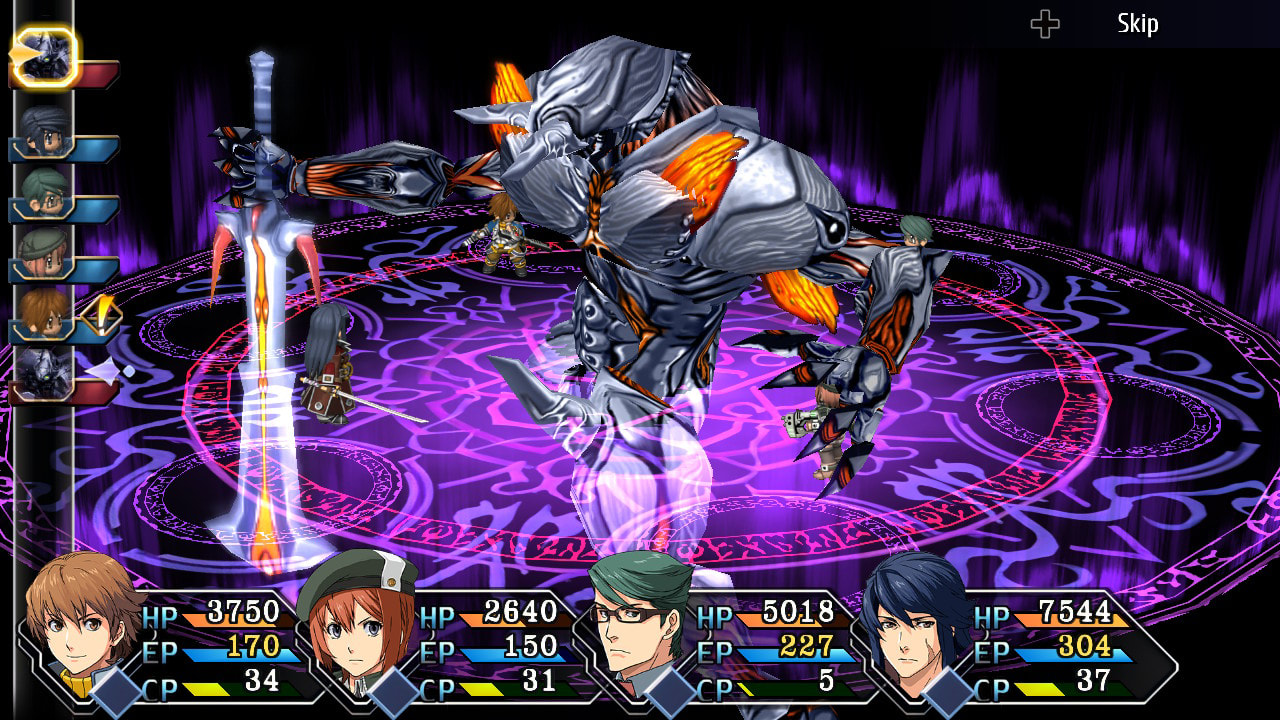
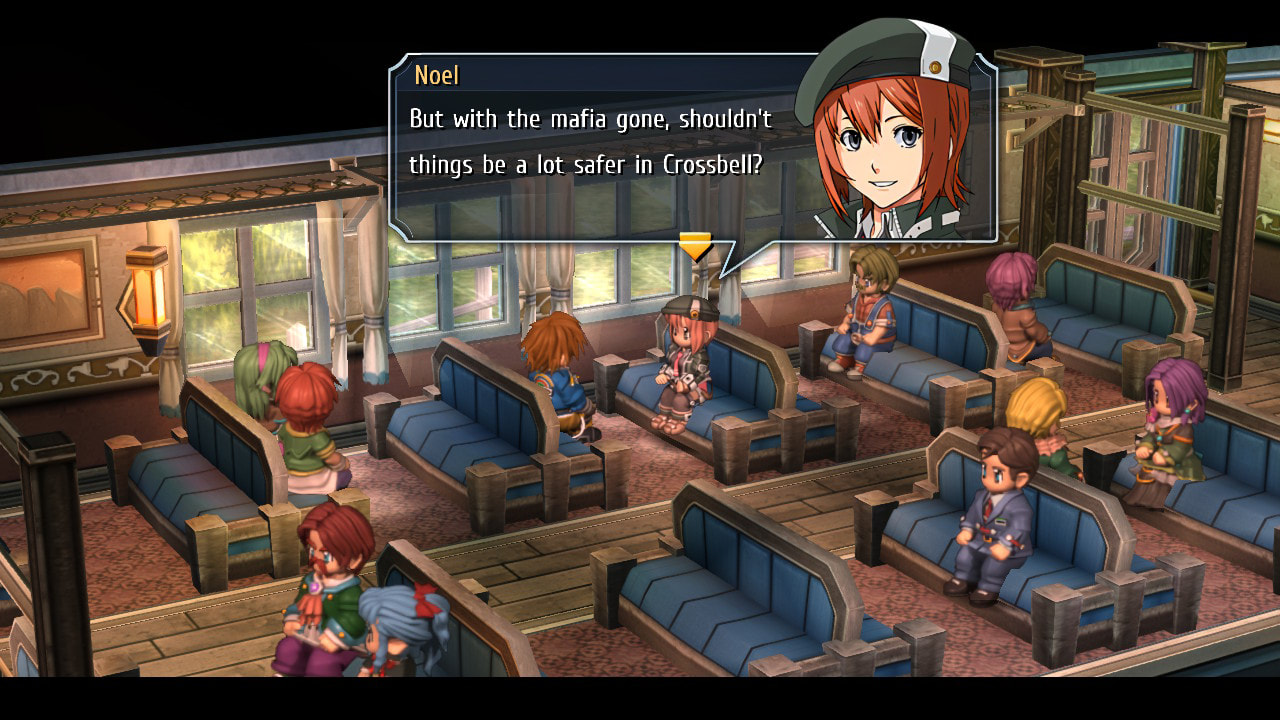
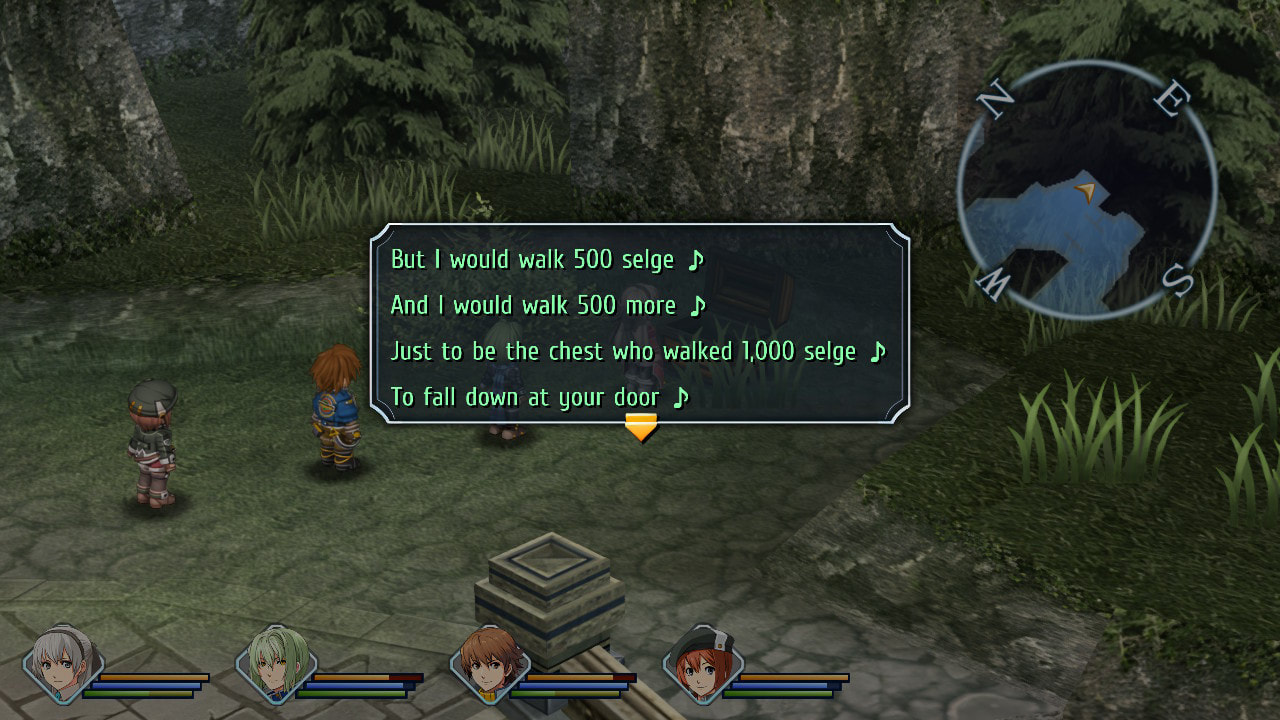
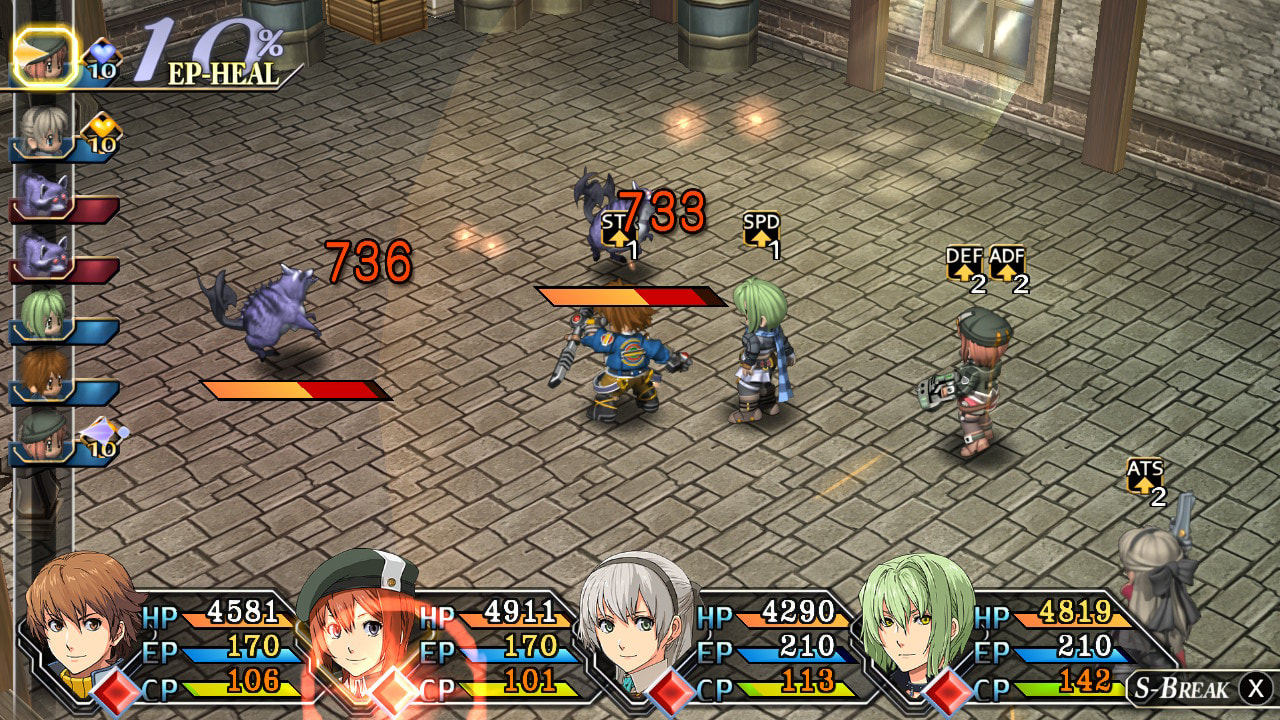
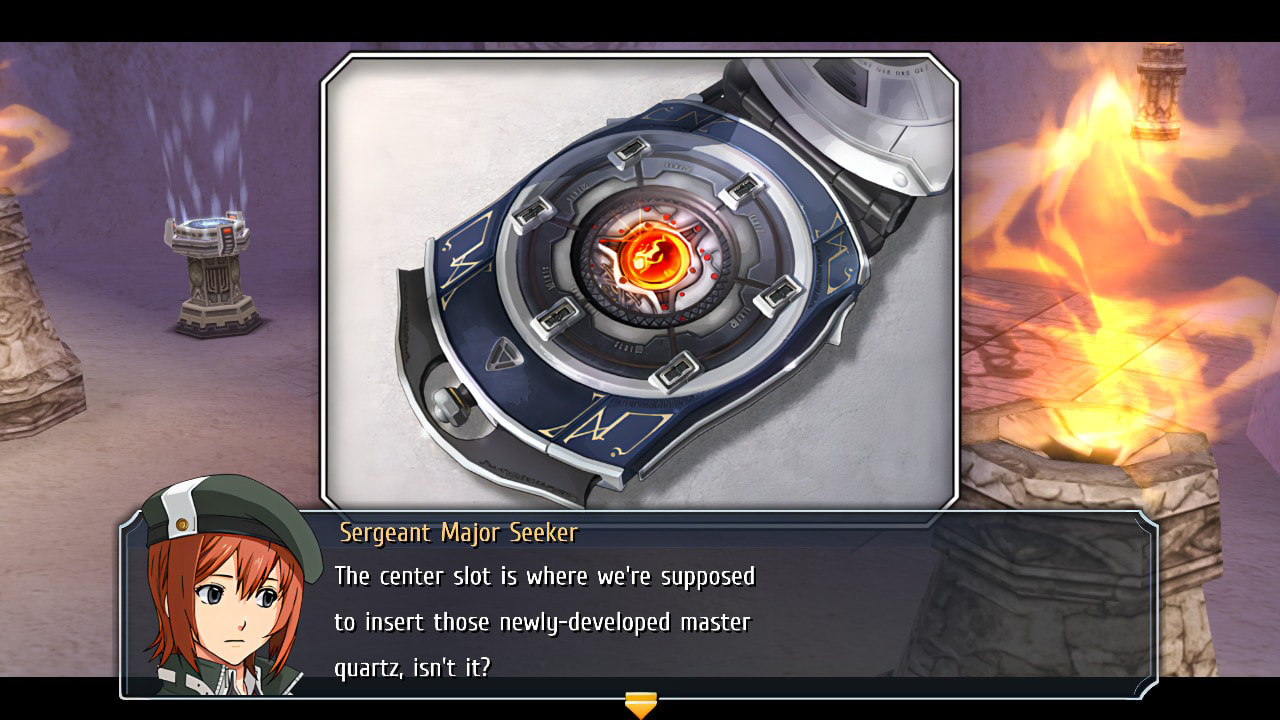
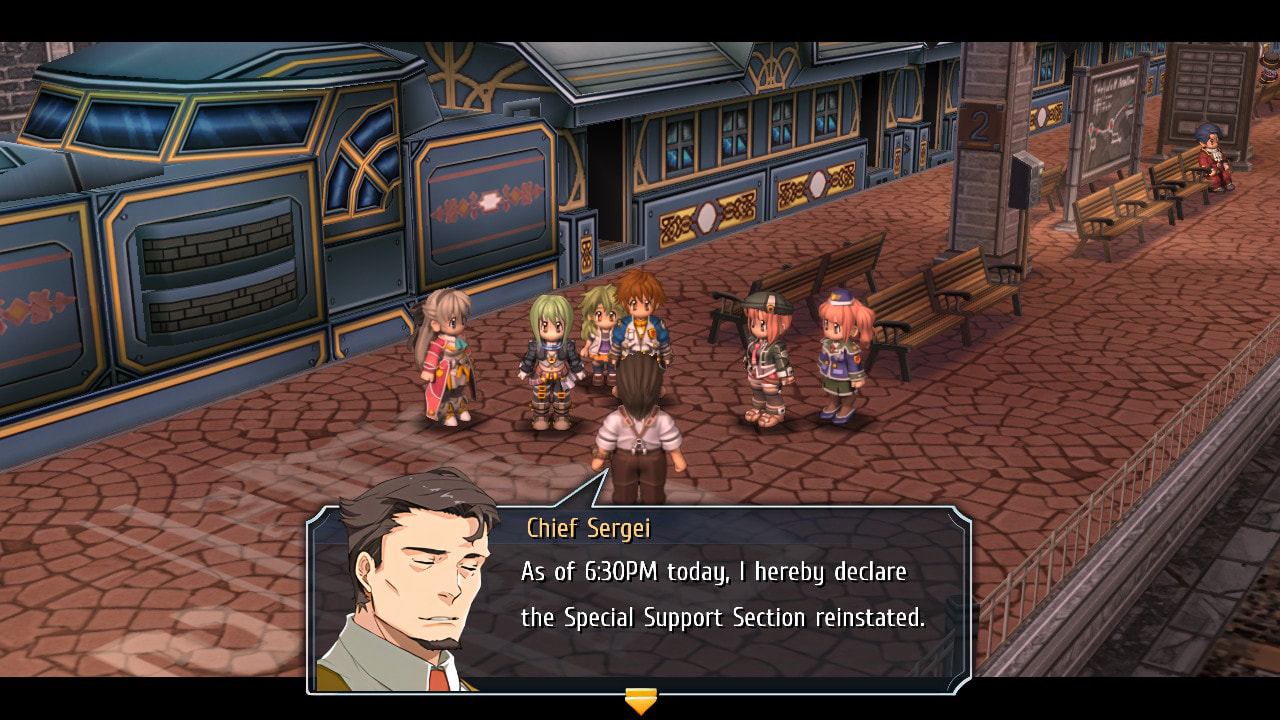
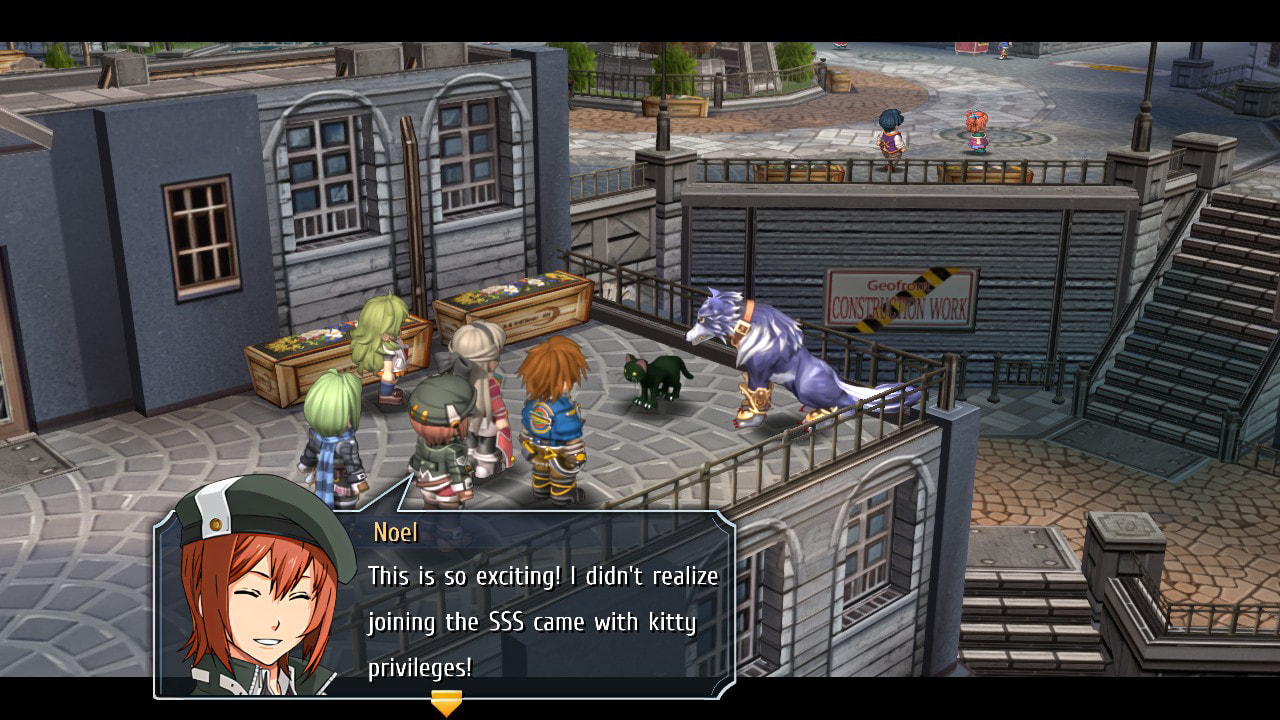
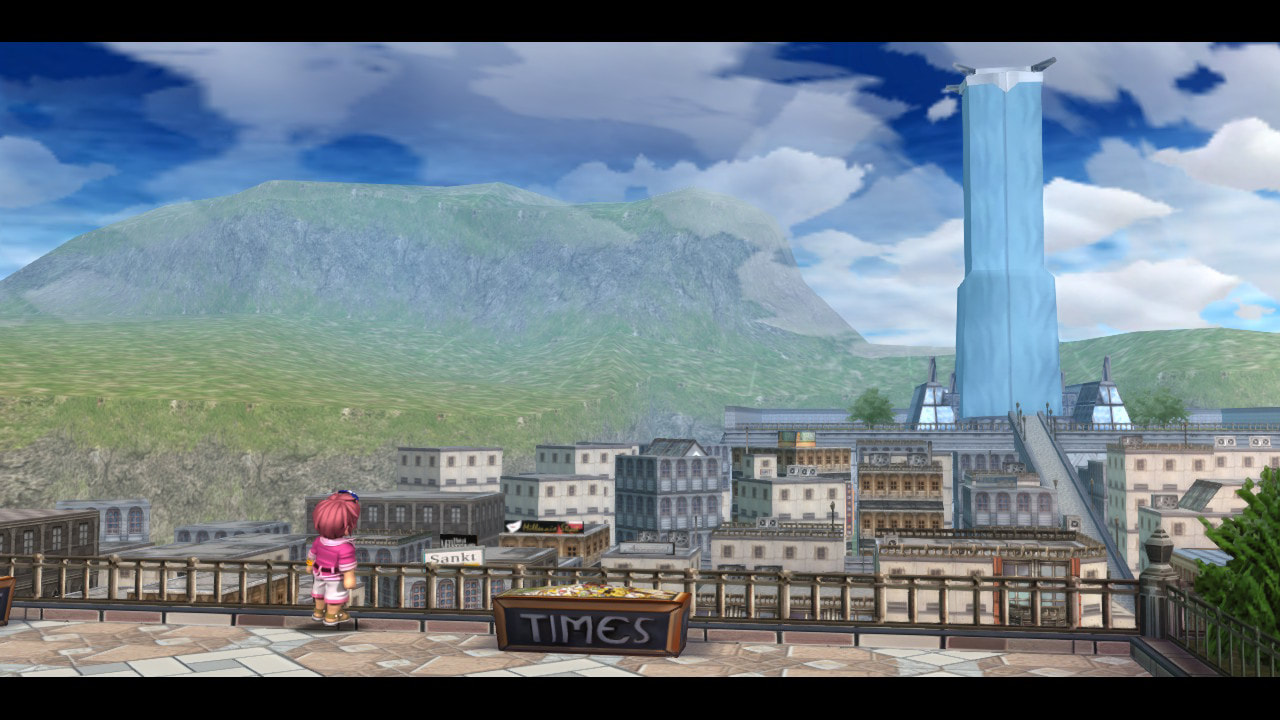
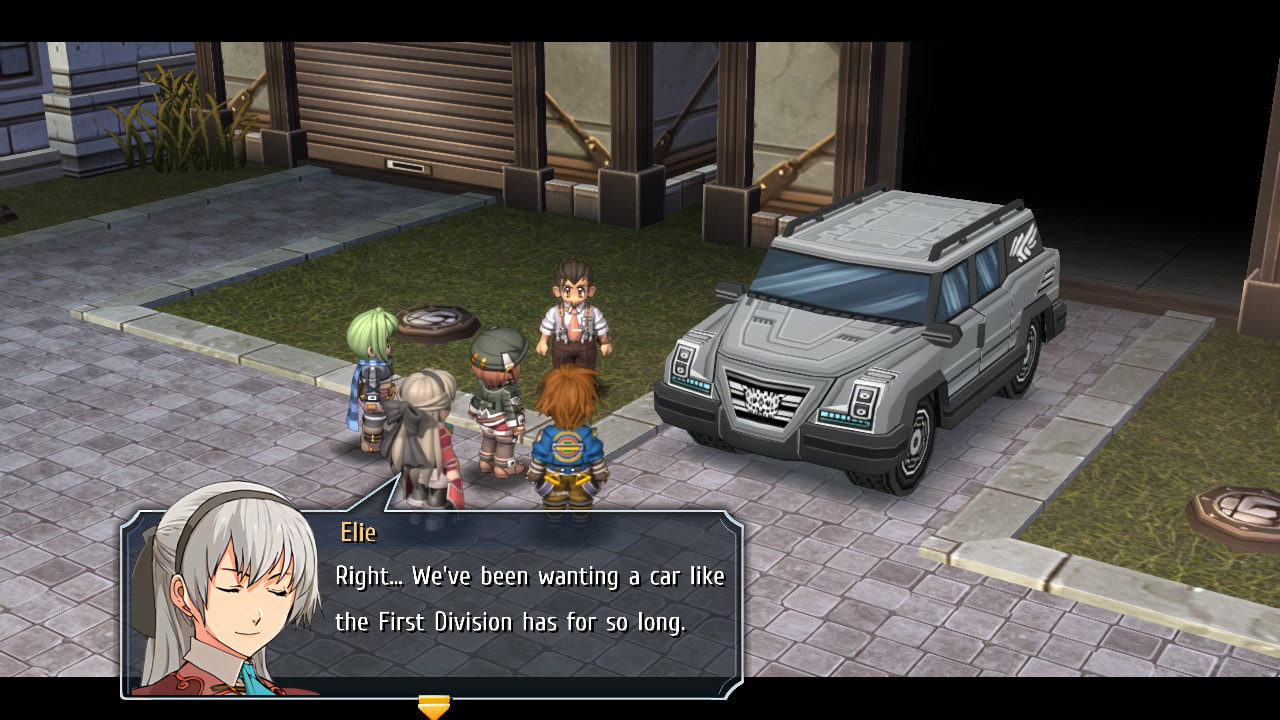
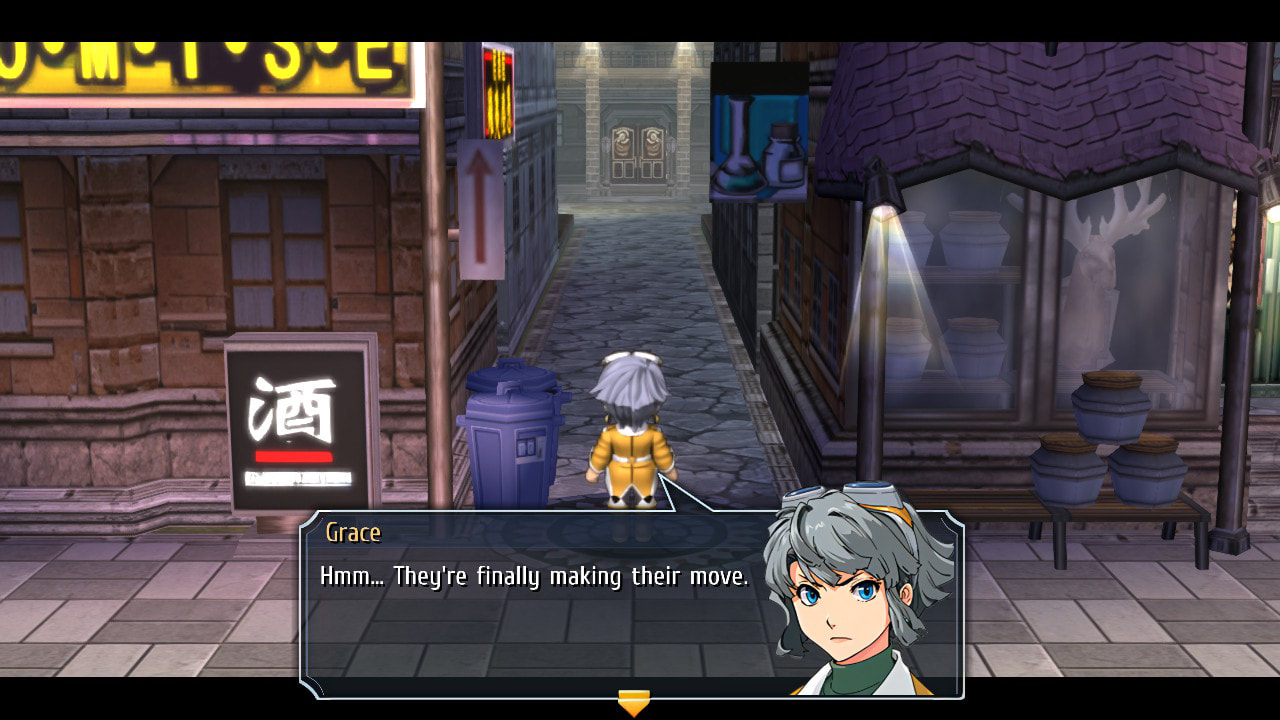

 RSS Feed
RSS Feed